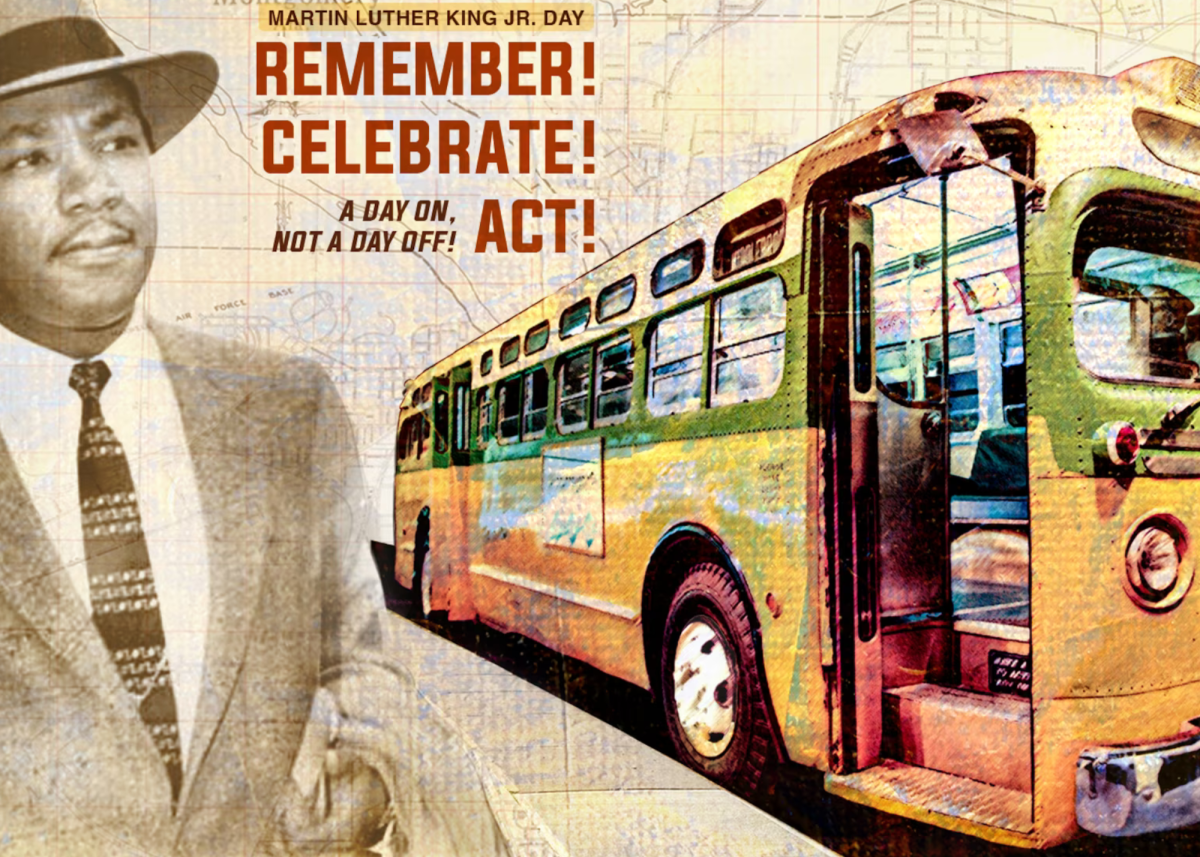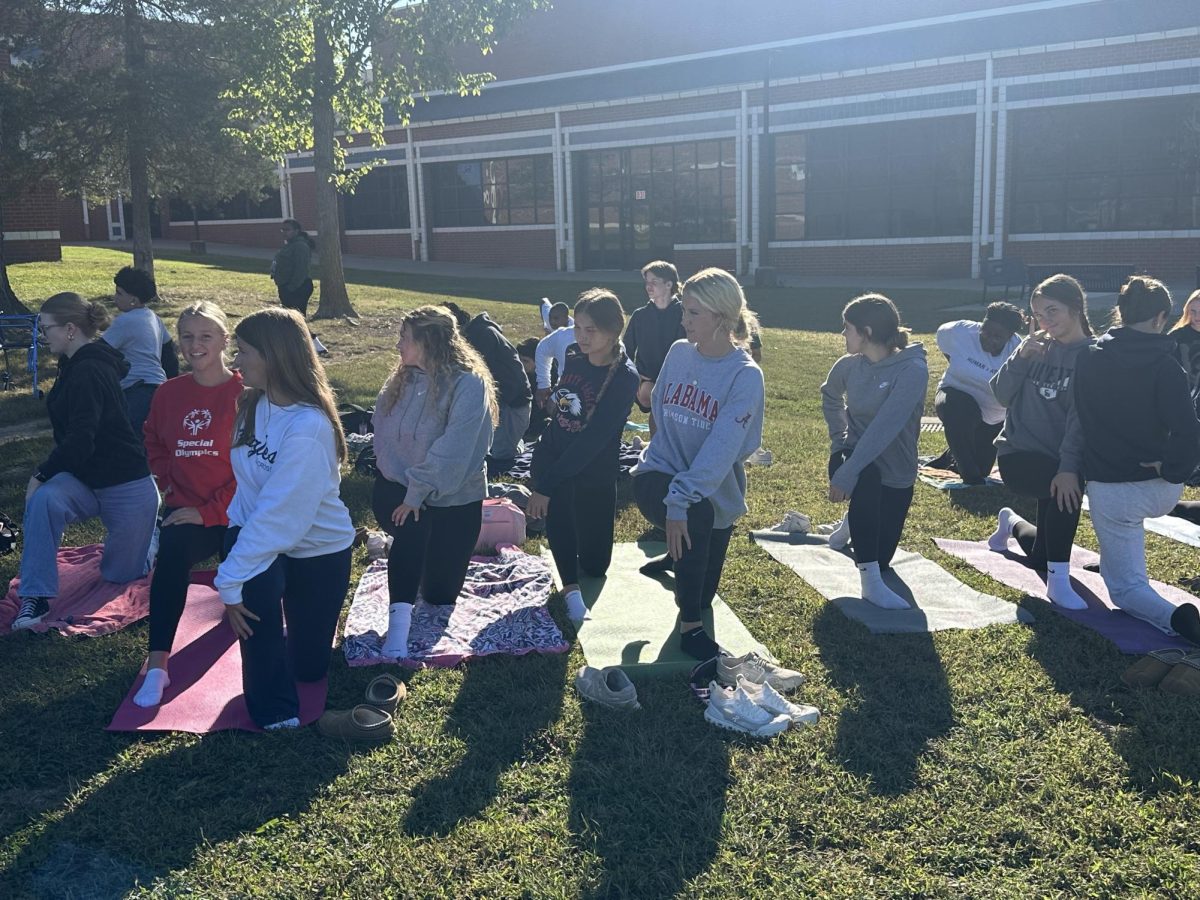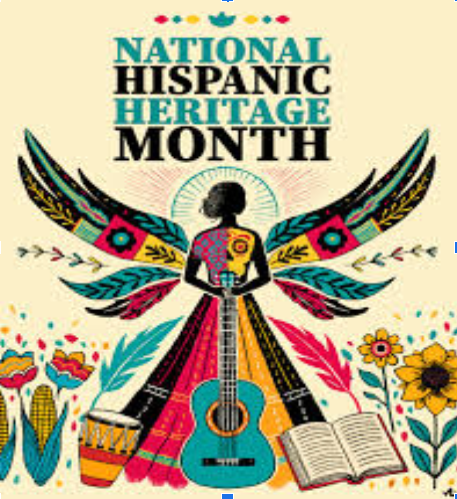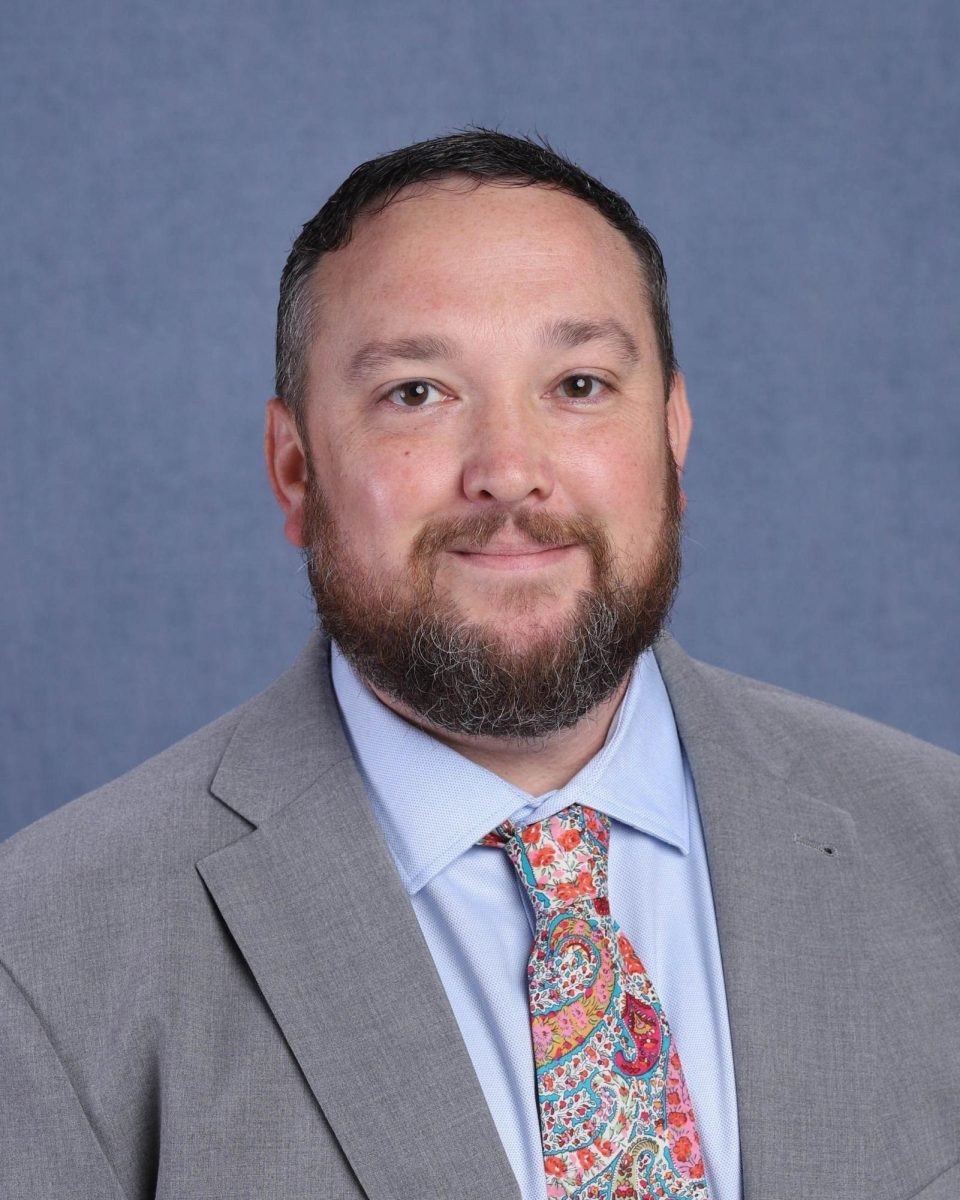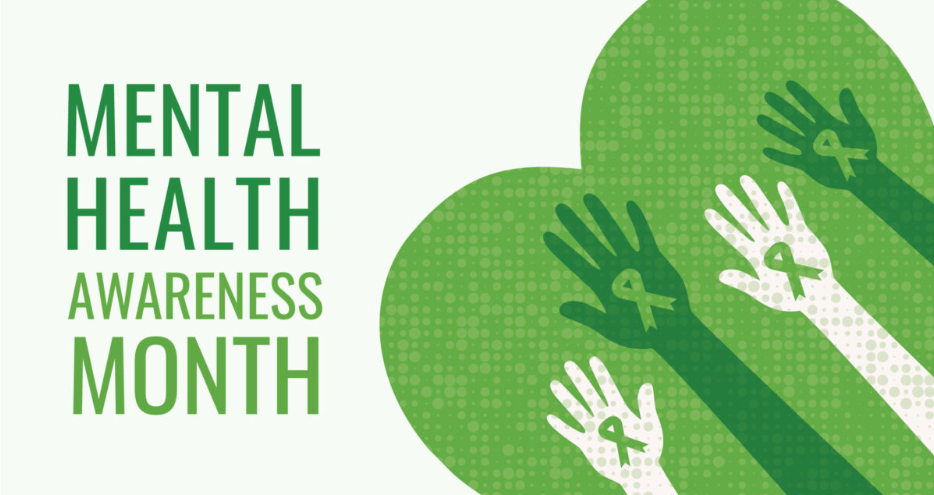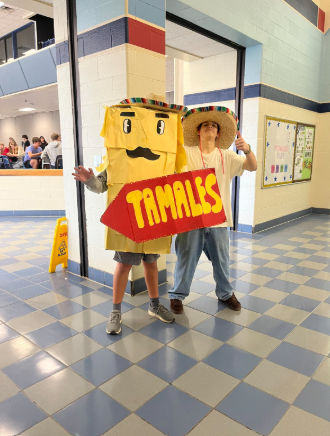The holiday season is behind us, and Americans are getting settled back into work and school, all of them wishing they just had a few more days off. However, it is important to remember that the traditional Winter holidays are not the only things worth celebrating this year. Though most federal holidays are outside of the Winter holiday season, and are often overlooked because of it, it is important to remember that they are not just days off, but are celebrations in their own right.
These holidays, called civic or public holidays, recognize and celebrate all of America, not just the traditions of a specific religious or cultural group. Civic holidays serve an important role in preserving and celebrating our nation and its culture. They remind us that, despite divisions both real and arbitrary, we are all Americans and exist as a united community in this country. As Felix Reid, Vice-President of the Asian Cultural Club put it, “When people communicate different experiences and add their own experiences, it gives more sense of community and that we are still the same people together. We are not different.” This is most visible on the 4th of July, perhaps the most widely celebrated civic holiday, but this message rings true for all of them. On civic holidays, Americans do not just get a break from work; they get an opportunity to reflect on this country, its achievements, and how far it has come.
Many civic holidays mark important days in our history or celebrate the people who made this country, both remembered – such as on President’s Day – or largely forgotten – as with Labor Day or Juneteenth. Speaking from the perspective of a social studies teacher, Mrs. Hailey had this to say: “Teachers specifically, but people in general, are given an opportunity to remember things they wouldn’t normally think about”. It is not every day that we think about how hard Americans work, the sacrifices Americans have made, or the challenges this country has faced or continues to face. However, without the hard work of people centuries before our own, we would not be where we are today. Recognizing these holidays, and then thinking about what they mean for even just a few minutes before enjoying our day off, is the least we can do.
Celebrating America means celebrating our diversity (an integral part of who we are as a country), and many civic holidays exist for just that purpose. Martin Luther King Day, Juneteenth, and Indigenous People’s Day all exist to recognize and honor the histories and experiences of some lesser-recognized groups in this country. They serve as days of reflection on the hardships experienced by these communities and celebrations of their culture alike, but these days are not only for those communities, they are for all Americans. They encourage understanding for people outside of one’s group and challenge those of us in more privileged groups to address that privilege and work towards a more equitable society. Holidays such as these do not just add token diversity to the calendar either; Senior, Shawn Oates, had this to say about his Martin Luther King Day traditions: “Every Martin Luther King Day, my family and I sit down in the living room and watch the movie ‘Martin’, a biography about Martin Luther King Jr.’s life”. These holidays are real days of recognition, with real meaning for all Americans.
However, all of this is not to say that all of our civic holidays are perfect. For years now, there has been controversy surrounding the existence of Columbus Day, which many Americans see as a day celebrating violence and colonialism. Several towns, cities, and even states across America have stopped celebrating Columbus Day, preferring instead to celebrate Indigenous People’s Day, which is seen by many as more representative and true to this country’s ideals of equality and diversity. Furthermore, some Americans belonging to lesser-recognized groups still do not feel recognized despite recent moves to encourage greater cultural equality. Bryar Laine, a Jewish Senior at Liberty, had this to say, when asked about whether or not America’s established holidays made her feel seen as American: “Not most of the time, no. I respect the holidays but I’m not a part of any of the groups that are celebrated, so they don’t affect me specifically.”
As it is with most things, there is always room for improvement when it comes to what we celebrate and how. Now more than ever, the observation of civic holidays in this country can serve as learning experiences and opportunities to reflect on our country’s often troubled history, while still celebrating the binding threads that make us all American.

